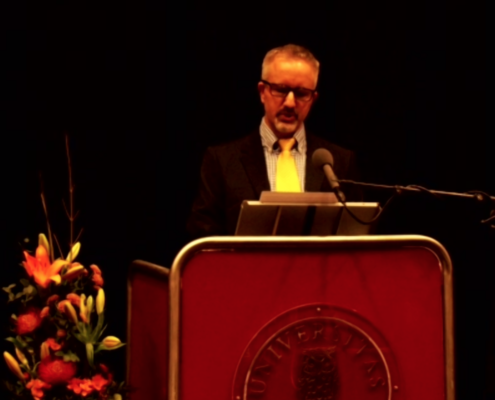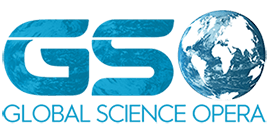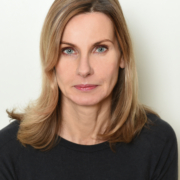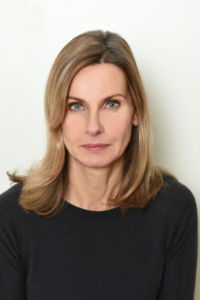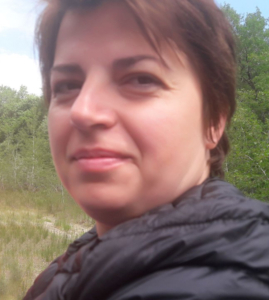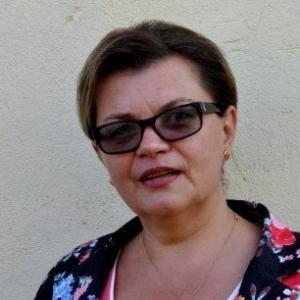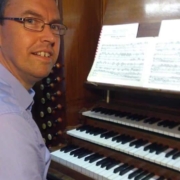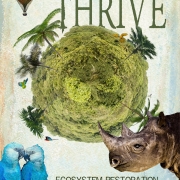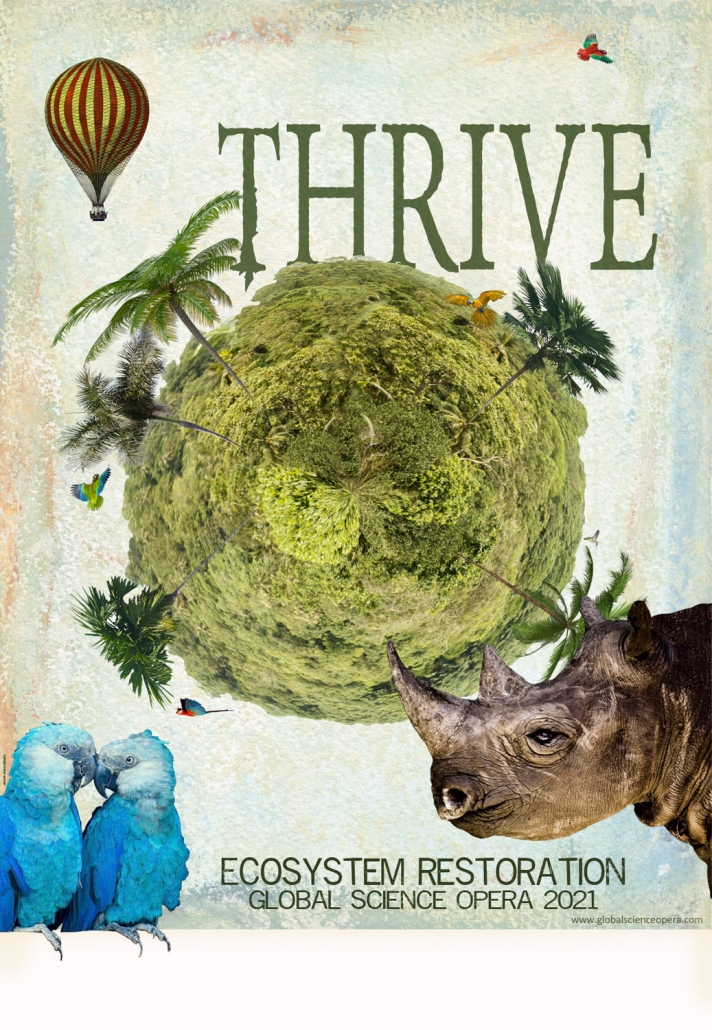Three major global drivers in education, necessary for meeting the challenges of the 21st century, are: education for sustainable development, demographic change, and technological advances. Without addressing the demands of these drivers, our education systems are, most likely, rooted in narrow, robotic learning, blinkered to what is happening around us in the world, focussed solely on knowledge for knowledge’s sake, producing young people without the imaginative, creative thinking, problem-solving skills required to make the 21st century on planet Earth a positive and secure one for all its inhabitants.
The philosophy and aims behind the Global Science Opera initiative is one example of education meeting these demands. Starting off with one idea, one theme, one thought – for 2021, this being ‘ecosystems’ – educators, teachers, students and children all across the world are beginning to think, create, and ponder germs of ideas that will eventually grow, develop, change and blossom into what will become an entire opera called Thrive, on the subject of ecosystems. This journey began with one word, ‘Ecosystems’ at the end of the 2020 opera, Energy. Like throwing seeds across the world, these seeds have landed and will be watered over the coming months by individuals and communities on every inhabited continent. Creative thinking is taking place, thoughts are turning to how to protect ecosystems, artistic creativity is exploring how we can represent and explain these themes within an opera through words, singing, music, dance, art, science, expression, technology and more.
Global Science Opera is about much more than an opera you can watch online each November. It is about changing minds, producing creative thinkers and imaginative problem solvers, widening expectations on what is possible, raising awareness of sustainability issues, showing what can be achieved through the powers of technology and working together, and reaching out across the world affecting the schools, communities, parents and families of the children, students and teachers involved. And, most importantly, it is open to all. Any country, any child, any age, any background – everyone is equal, and every single performer is just as important as all the others.
What’s the cost? Oh yes, it’s free. What’s the benefit? A better world and a supreme example of an education project fit for needs of the 21st century.
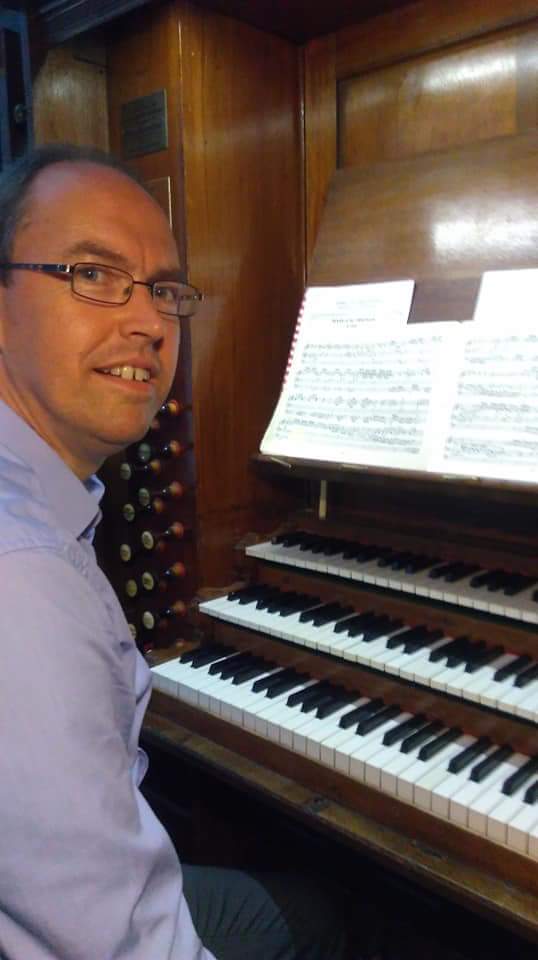
Jonathan Harris
UK Alpha-contact, Global Science Opera
Head of Music, The Premier Academy, Bletchley, England
22 January 2021
